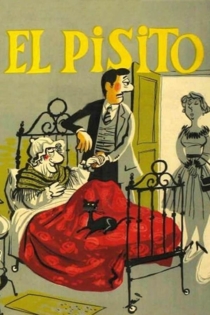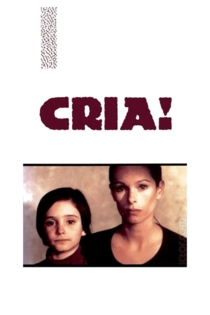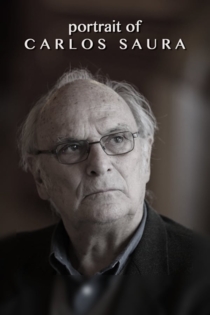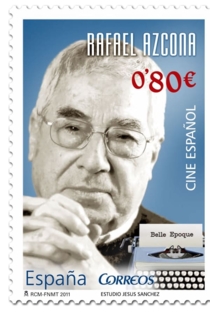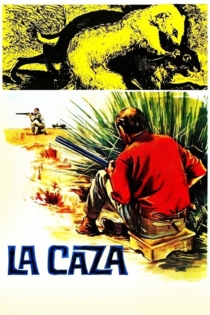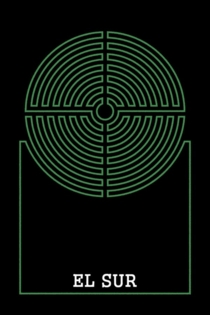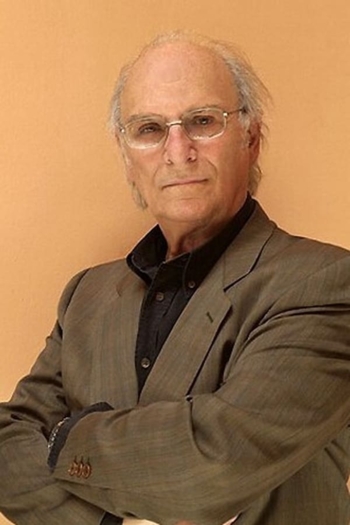
Carlos Saura
1932 (94 года)Saura began his career in 1955 making documentary shorts. He gained international prominence when his first feature-length film premiered at Cannes Film Festival in 1960. Although he started filming as a neorealist, Saura switched to films encoded with metaphors and symbolism in order to get around the Spanish censors. In 1966, he was thrust into the international spotlight when his film The Hunt won the Silver Bear at the Berlin International Film Festival. In the following years, he forged an international reputation for his cinematic treatment of emotional and spiritual responses to repressive political conditions.
By the 1970s, Saura was the best known filmmaker working in Spain. His films employed complex narrative devices and were frequently controversial. He won Special Jury Awards for Cousin Angelica (1973) and Cría Cuervos (1975) in Cannes, and he received an Academy Award for Best Foreign Language Film nomination in 1979 for Mama Turns 100.
In the 1980s, Saura was in the spotlight for his Flamenco trilogy – Blood Wedding, Carmen and El amor brujo, in which he combined dramatic content and flamenco dance forms. His work continued to be featured in worldwide competitions and earned numerous awards. He received two nominations for Academy Awards for Best Foreign Language Film for Carmen (1983) and Tango (1998). His films are sophisticated expression of time and space fusing reality with fantasy, past with present, and memory with hallucination. In the last two decades of the 20th century, Saura concentrated on works uniting music, dance and images.
Description above from the Wikipedia article Carlos Saura, licensed under CC-BY-SA, full list of contributors on Wikipedia.
Navajeros, censores y nuevos realizadores
Rafael R. Rafatal
Román Gubern, Alaska
Spain. 1978. Year of the first democratic elections following the dictatorship, and of the birth cine quinqui (delinquent movies): films that rapidly became a big commercial success, showing things that were banned by the censorship not too long before.
Navajeros, censores y nuevos realizadores
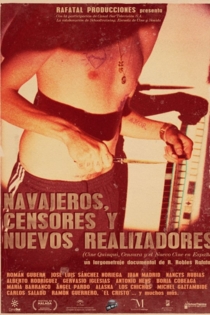
Blood Wedding
Carlos Saura
Antonio Gades, Cristina Hoyos
A bride elopes with her lover on the very day of her wedding. The groom follows the two lovers, and a knife fight takes place. The rivals stab each other and the only wedding that takes place is that one knotting their destinies together in death. A blood wedding.
Blood Wedding
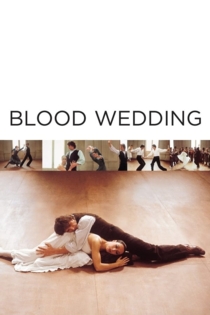
Flamenco
Carlos Saura
The film presents thirteen rhythms of flamenco, each with song, guitar, and dance: the up-tempo bularías, a brooding farruca, an anguished martinete, and a satiric fandango de huelva. There are tangos, a taranta, alegrías, siguiriyas, soleás, a guajira of patrician women, a petenera about a sentence to death, villancicos, and a final rumba.
Flamenco
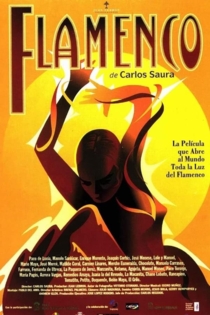
Carmen
Carlos Saura
Antonio Gades, Laura del Sol
While rehearsing a flamenco ballet adaptation of Bizet's opera “Carmen”, Antonio, the choreographer, falls in love with the main dancer, Carmen, a fiercely independent woman. Antonio is slowly consumed by jealousy and possessiveness towards Carmen, just like Don José in the original opera, blurring the lines between fiction and reality.
Carmen
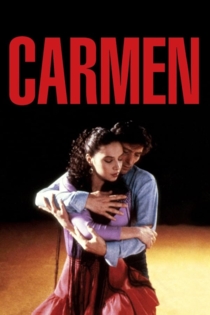
Crítico
Kleber Mendonça Filho
Aki Kaurismäki, Alain Riou
Seventy critics and filmmakers discuss cinema around the conflict between the artist and the observer, the creator and the critic. Between 1998 and 2007, Kléber Mendonça Filho recorded testimonies about this relationship in Brazil, the United States and Europe, based on his experience as a critic.
Crítico
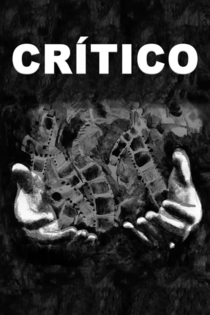
Cousin Angelica
Carlos Saura
José Luis López Vázquez, Lina Canalejas
When the single middle-aged Luis travels from Barcelona to bury the remains of his mother in the vault of his family in Segovia, he is lodged by his aunt Pilar in her old house where he spent his summer of 1936 with her. He meets his cousin Angelica, who was his first love, living on the first floor with her husband and daughter, and he recalls his childhood in times of the Spanish Civil War entwined with the present.
Cousin Angelica
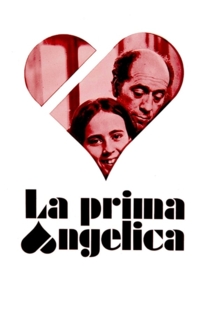
Elisa, My Life
Carlos Saura
Fernando Rey, Geraldine Chaplin
Elisa has not seen her father Luis for nine years, but she receives a telegram from her sister Isabel in a moment of crisis of her marriage with Antonio telling that her father is ill and she decides to travel to the countryside of Madrid with Isabel and her brother-in-law Julián and their two children to visit Luis for his birthday. Elisa decides to stay with his father when her sister returns to Madrid with her family and she gets closer to Luis, understanding why he left her mother years ago. Later she tells him that Antonio cheated her with her best friend Sophie and their relationship has ended. When Antonio unexpectedly arrives in the house, Elisa takes a decision about her life.
Elisa, My Life
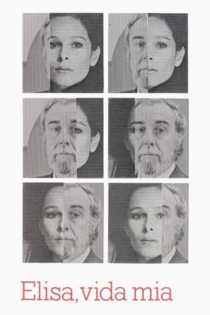
Saura(s)
Félix Viscarret
Carlos Saura, Anna Saura
Carlos Saura, a living legend. Félix Viscarret, a director who wants to make a film portrait of the great master. He draws up a plan. He thinks it's brilliant. He will show the intimate side of Saura through conversations of the genius with his 7 children. Everyone accepts. But Saura does not like talking about the past.
Saura(s)
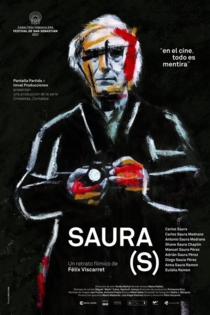
El pisito
Marco Ferreri, Isidoro M. Ferry
José Luis López Vázquez, Mary Carrillo
Rodolfo and Petrita each live in separate quarters in dilapidated Madrid, while looking to have a little apartment (or "pisito", in Spanish dialect). Unfortunately their low salaries prevent them from acquiring one. Soon, Rodolfo's co-workers urge him to marry the old and frail Doña Martina, who is the main tenant in the apartment he boards in. According to Spanish rent-control law, he could inherit the lease from his spouse. Thus begin his misgivings and Petrita's. Written by Emilio
The Little Apartment
